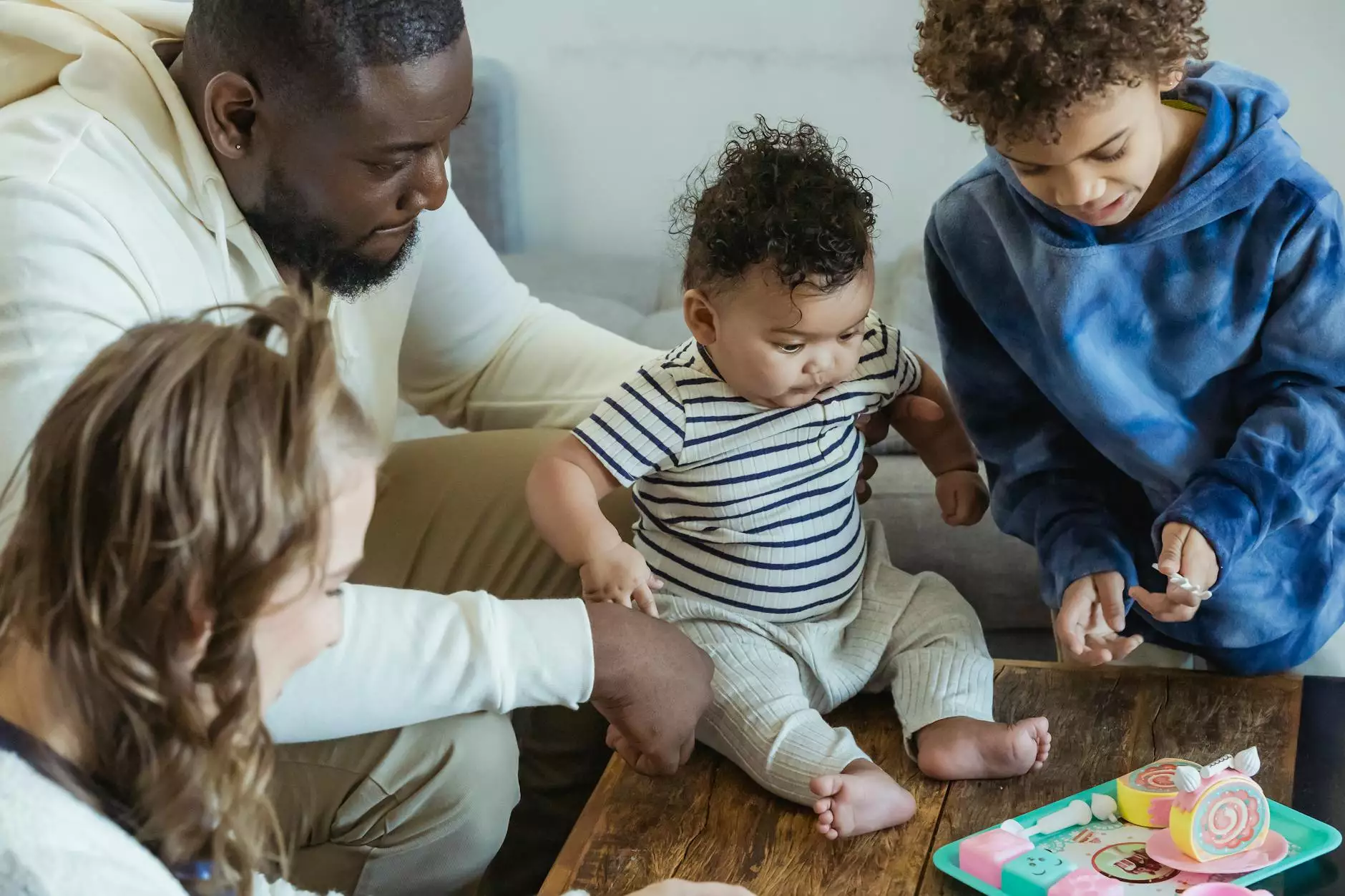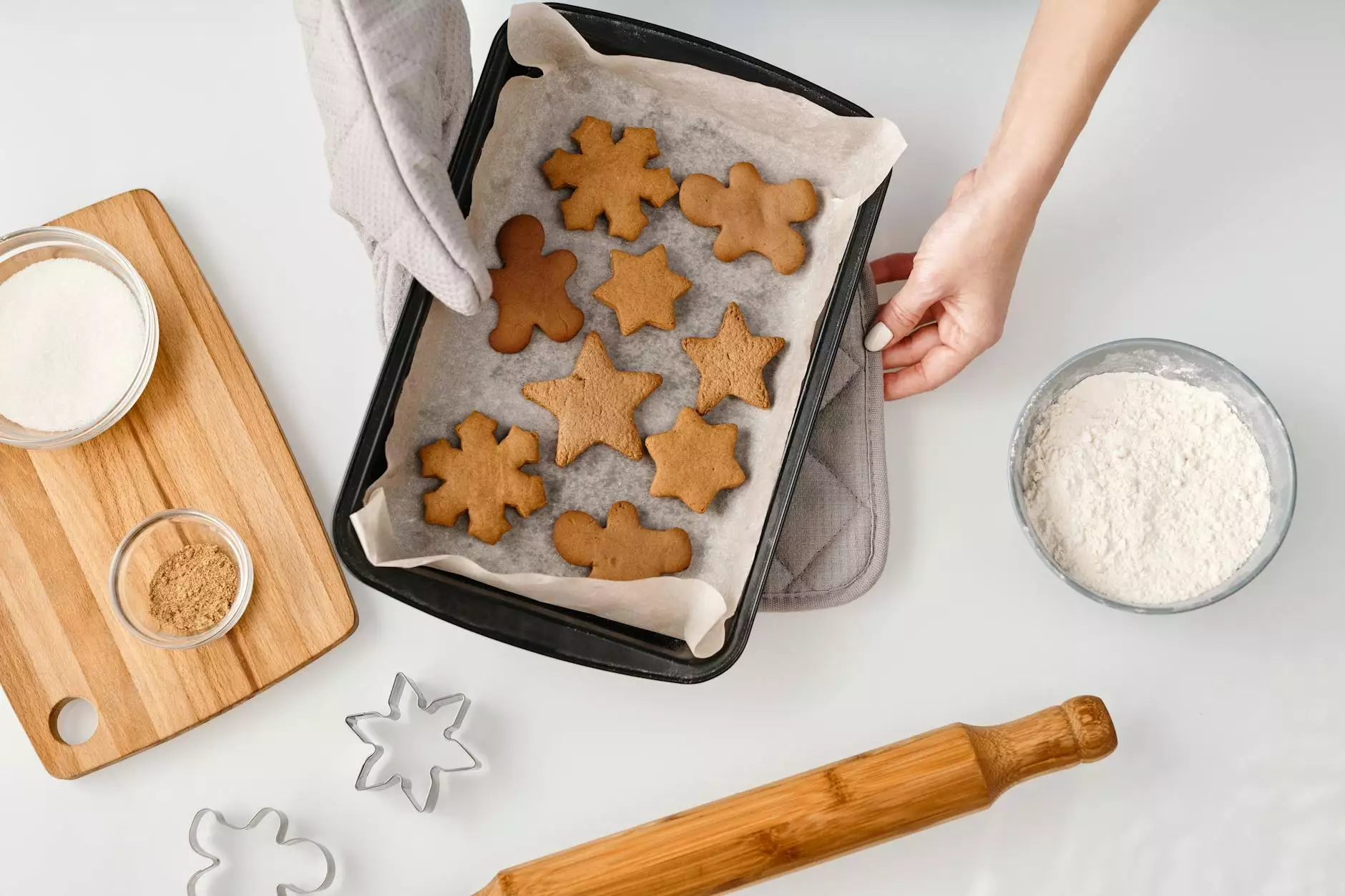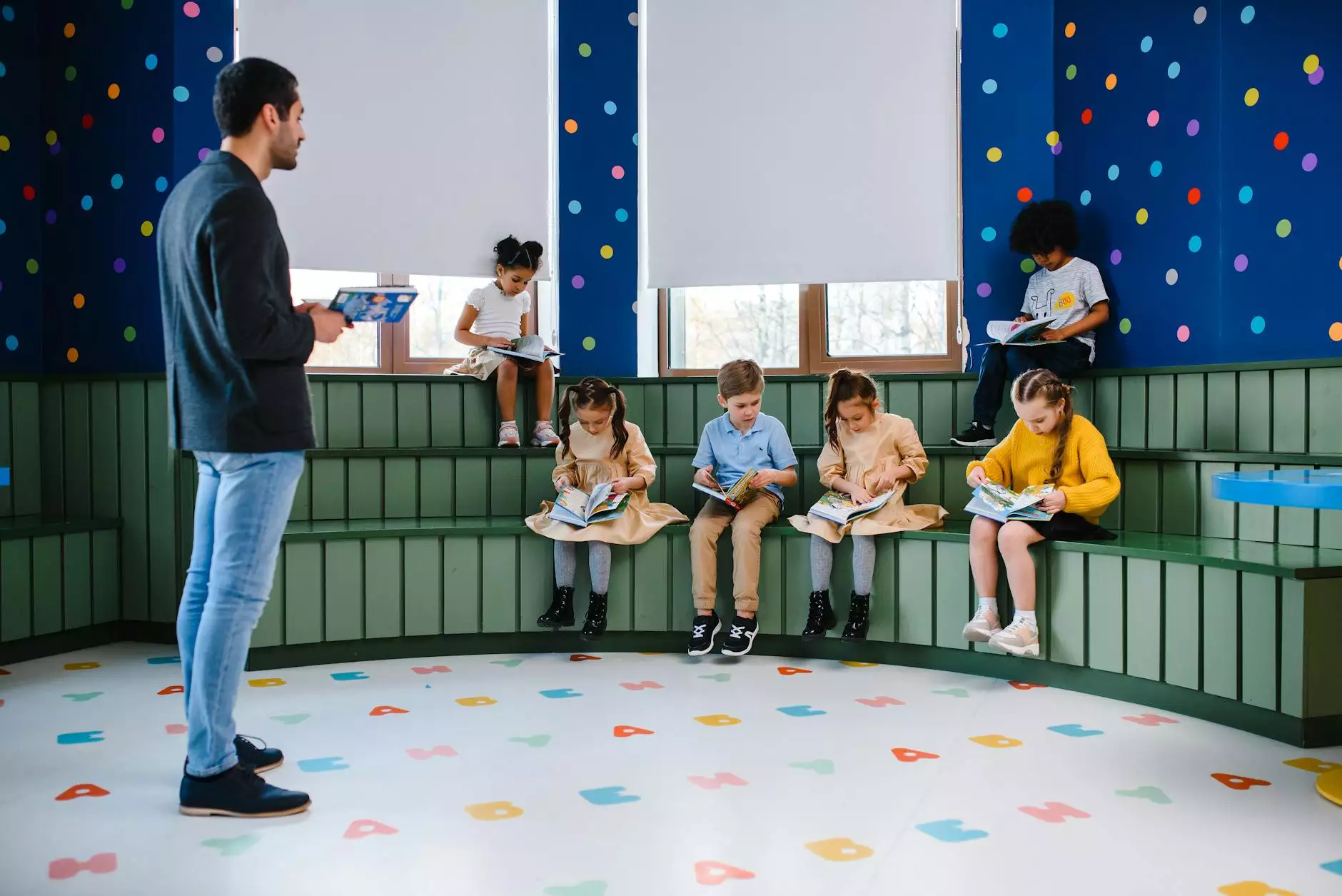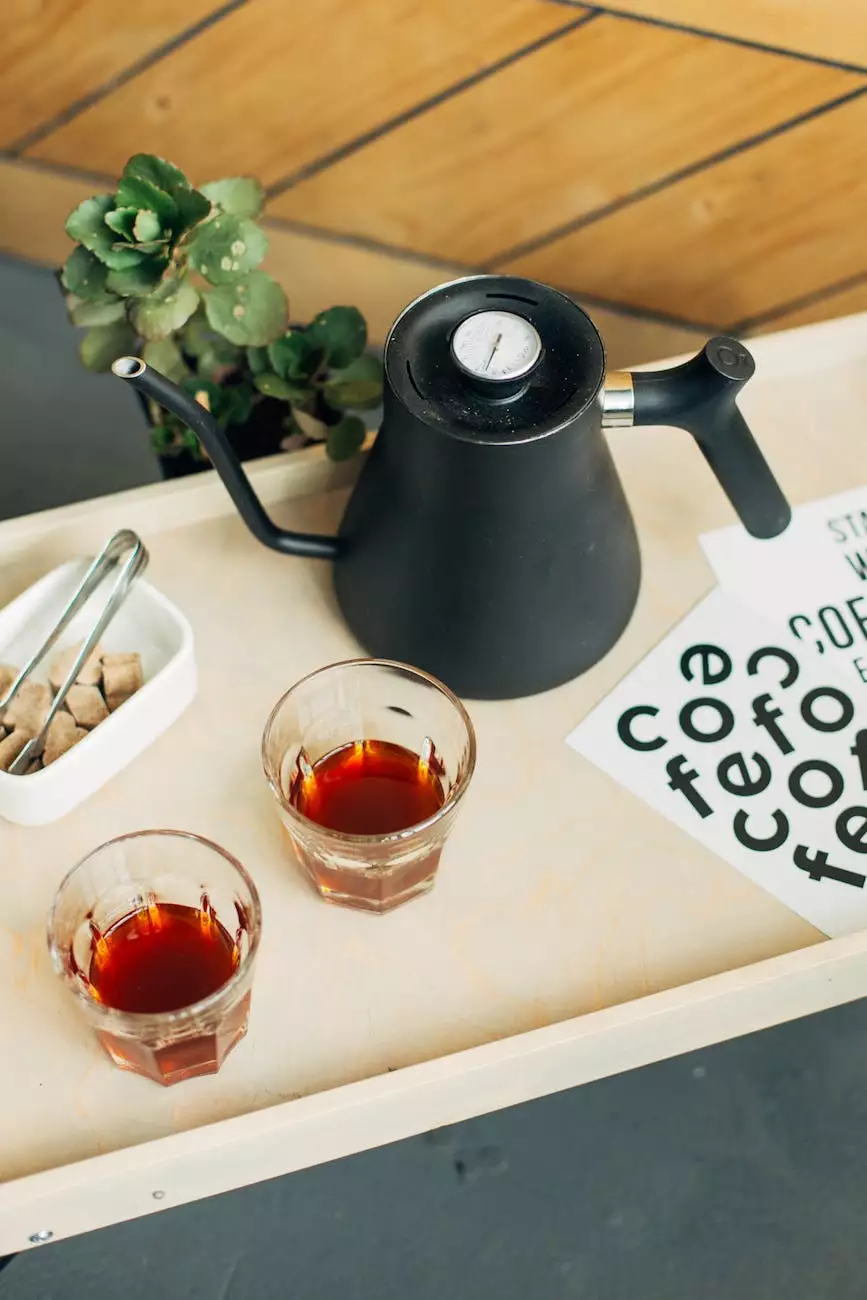Max the Fine Motor Moose

Introduction
Welcome to The Knowledge Nest, your go-to resource for educational content and resources. In this section, we will explore how Max the Fine Motor Moose can assist children in enhancing their fine motor skills. With our comprehensive collection of activities, tips, and resources, you'll have everything you need to support children with special needs in developing their fine motor abilities.
Understanding Fine Motor Skills
Fine motor skills are crucial for children's development as they enable them to perform everyday tasks such as writing, buttoning clothes, or using utensils. These skills involve the coordination of small muscles in the hands, fingers, and wrists. For children with special needs, like those with autism spectrum disorder or sensory processing disorder, fine motor development can be particularly challenging.
The Importance of Fine Motor Skills
Developing strong fine motor skills is essential as they lay the foundation for various essential life skills. By improving fine motor abilities, children can enhance their hand-eye coordination, manual dexterity, and overall independence. These skills also play a significant role in academic success, as they are closely linked to writing, drawing, and other school-related tasks.
Meet Max the Fine Motor Moose
Max the Fine Motor Moose is a friendly and engaging character specially designed to help children with special needs improve their fine motor skills. Max serves as a motivating companion throughout their fine motor development journey, offering guidance, support, and interactive activities. Children quickly connect with Max, building a sense of trust and confidence as they engage in various skill-building exercises.
Activities and Resources
Discover a wide range of fun and educational activities that you can incorporate into your daily routines to assist children with special needs in developing their fine motor skills. From simple exercises to more complex challenges, our carefully curated collection is designed to cater to individuals at different stages of their motor development. Whether you're a teacher, parent, or caregiver, you'll find valuable resources to support children's learning.
1. Fine Motor Playdough Fun
Engage children's creativity and fine motor skills with playdough activities. Rolling, squeezing, and molding playdough helps strengthen hand muscles and improves finger dexterity. Encourage children to create shapes, animals, or objects, allowing them to explore their imaginations while refining their fine motor abilities.
2. Scissor Skills Practice
Learning to use scissors correctly is an essential fine motor skill. Help children develop their cutting skills by providing them with child-friendly scissors and various cutting materials such as paper, straws, or craft foam. Start with simple straight lines and progress to more complex shapes as their skills improve.
3. Buttoning and Zipping Practice
Buttoning clothes and zipping zippers can be challenging for children with fine motor difficulties. Introduce playful activities that simulate the buttoning and zipping motions, such as using large button boards or dressing dolls with buttons and zippers. These activities provide a hands-on approach for children to enhance their fine motor coordination.
4. Sensory Bins for Fine Motor Exploration
Sensory bins offer a multi-sensory experience that stimulates fine motor development. Fill a container with materials such as rice, sand, or water beads and hide small objects or toys within. Encourage children to search for and retrieve the hidden items, promoting fine motor skills, tactile exploration, and hand-eye coordination.
5. Fine Motor Art Projects
Engaging in arts and crafts activities not only fosters creativity but also helps children improve their fine motor skills. Provide opportunities for children to paint, draw, cut, and paste, encouraging them to express themselves while developing their hand and finger coordination. Projects like finger painting, collage-making, and beading offer excellent fine motor practice.
Tips for Supporting Fine Motor Development
Alongside the activities and resources mentioned, here are some additional tips to support children's fine motor development:
- Encourage regular practice of fine motor activities to build strength and coordination.
- Break tasks into smaller, manageable steps to prevent frustration and promote success.
- Provide appropriate tools and adaptive equipment to support children with special needs.
- Offer praise and positive reinforcement to boost confidence and motivation.
- Ensure a supportive and encouraging environment during fine motor skill practice.
Conclusion
Max the Fine Motor Moose and The Knowledge Nest are dedicated to helping children with special needs enhance their fine motor skills. By incorporating engaging activities and utilizing helpful resources, you can play a vital role in supporting their development. With consistent practice and the right guidance, children can overcome challenges and achieve significant progress in their fine motor abilities.










